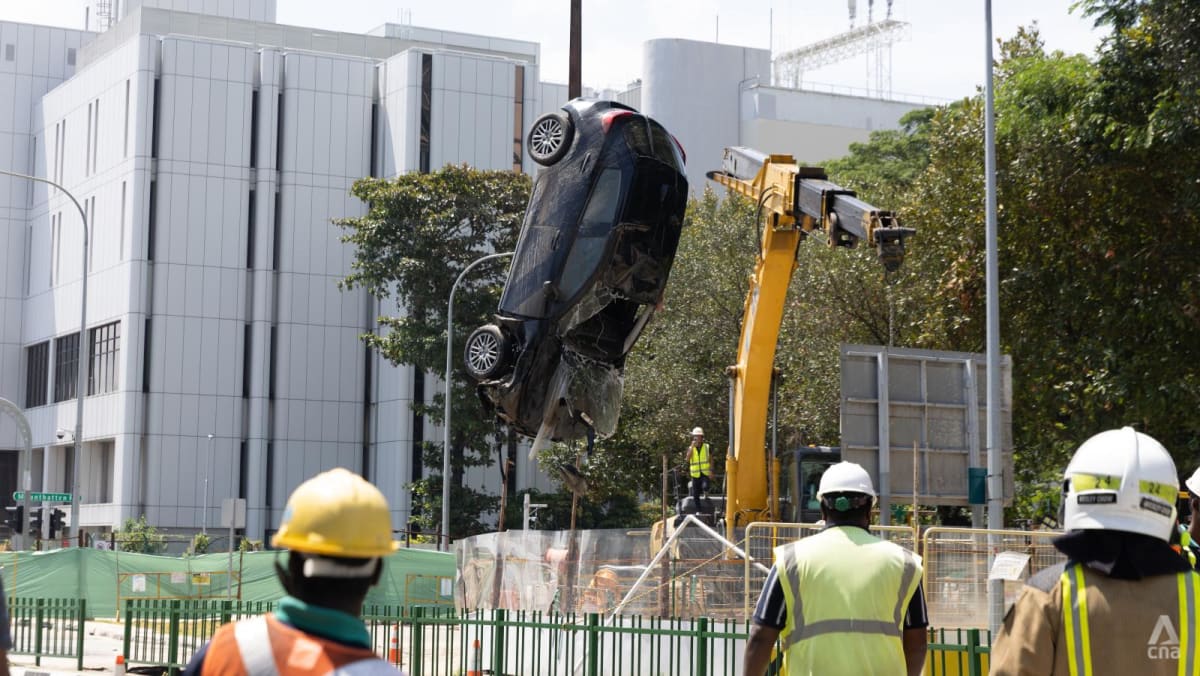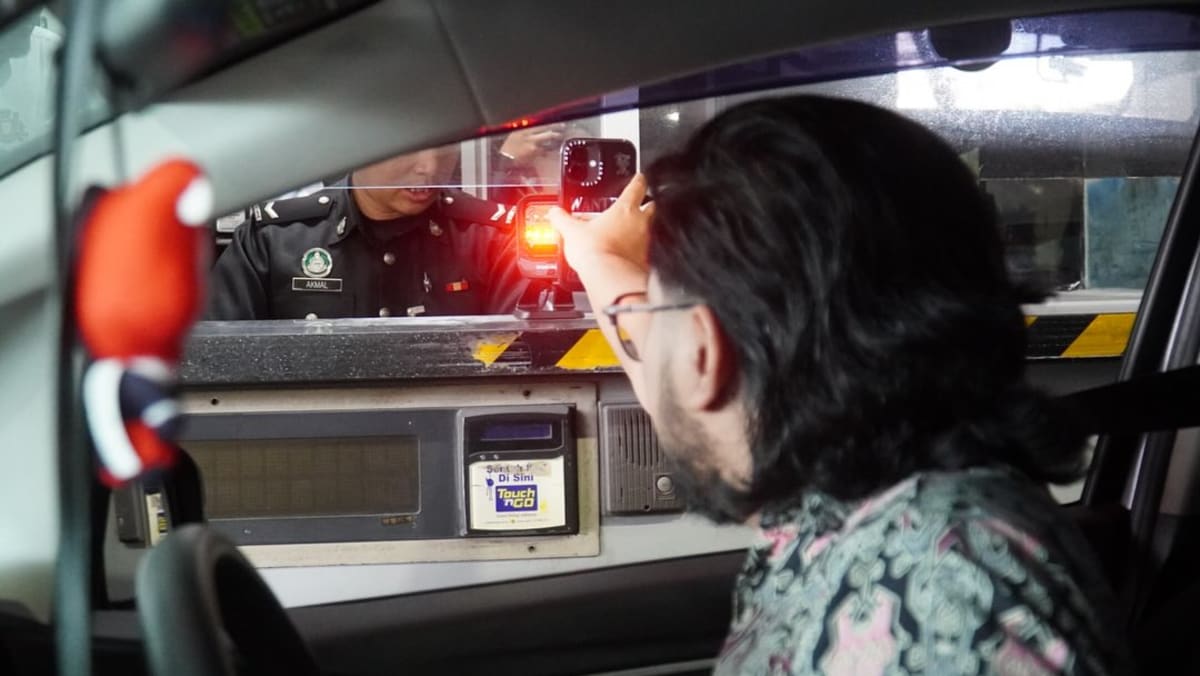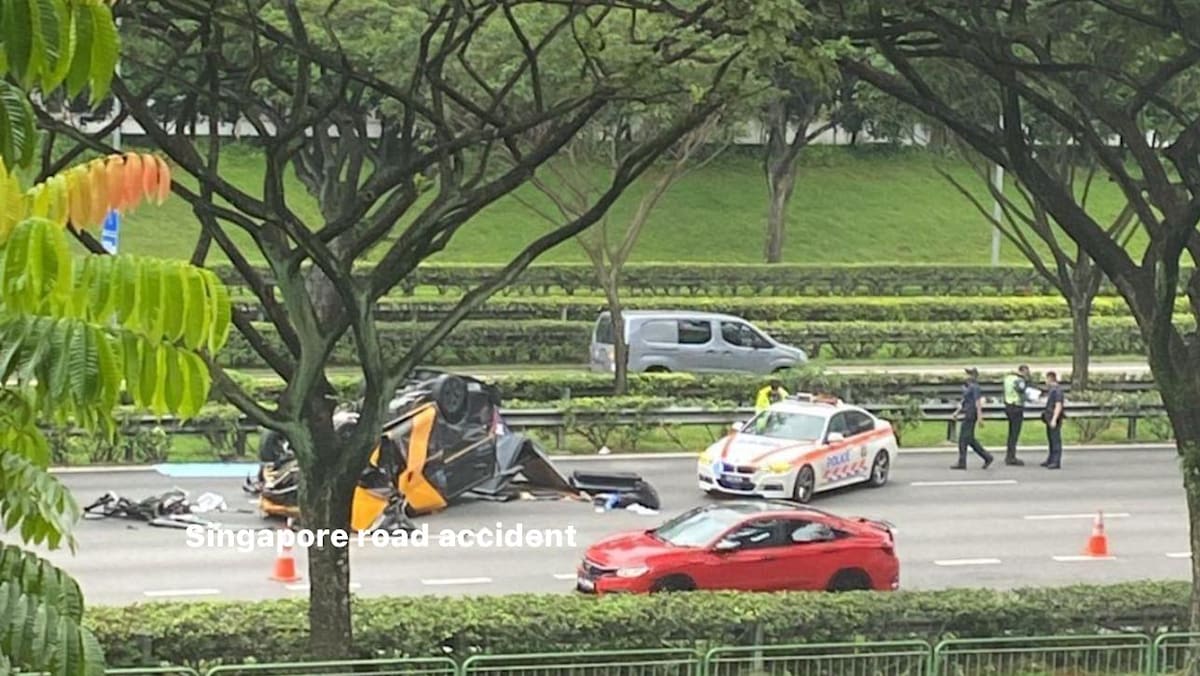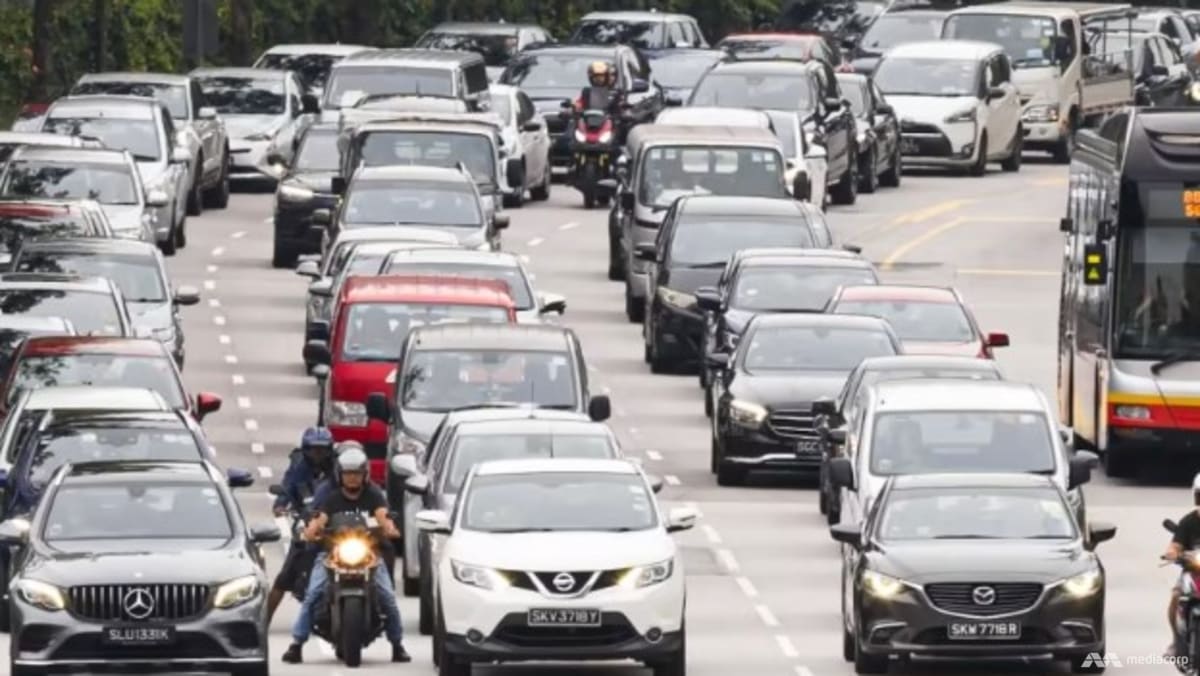What is “force majeure”?
An “act of God” refers to unforeseeable natural events that are not caused by humans, such as earthquakes, lightning strikes, and tsunamis, several insurance experts told CNA.
In general, such clauses are included in certain insurance policies to exclude coverage for these events.
Great Eastern financial representative Goh Yit Beng said these clauses are usually found in motor or home insurance.
But it is rare for an event occurring in Singapore to be attributed to an act of God, said the experts.
Senior financial consultant Chen Xueyi said these incidents are more common in nations with a higher likelihood of natural disasters, such as floods, earthquakes and wildfires.
However, in most cases that happen in Singapore, liability can usually be attributed to a party, said Ms Chen, who is from an independent financial advisory firm.
For example, if someone hit by a falling tree during a bout of bad weather, it does not necessarily point to force majeure.
Ms Chen said while bad weather might have been a factor, maintenance and landscaping issues can also come into play.
Similarly, in the case of a sinkhole, executive wealth manager Crystal Huang said it was “purely due to natural geological shifts”, insurers or third parties may deny liability and cite the incident as “act of God”.
“But if it’s due to leaking pipes, poor land surveying, or human error, then liability can be assigned, and claims are valid,” Ms Huang, who is from Prudential Financial Advisers, said.
What do I need to take note of when making a claim?
The amount an insured person can claim and extent of assistance received will depend on each individual policy.
It is worth noting that payouts from personal accident and hospitalisation insurances are based on injury and treatment, and not fault, Ms Huang said.
This means an insured person will be able to claim an amount, subject to limits of the coverage, or be reimbursed the amount paid in medical bills.
As for motor insurance claims, such as making a claim for any car-related damage, experts said that an insurer could compensate the market value of the car if it was damaged beyond repair, though this would also be subject to one’s insurance coverage.
In such cases, the insurer may first pay out the funds, then recover the amount from a liable party, experts noted.
On this point, the experts also said there is a time limit after the occurrence of the incident to make claims.
Regardless of the type of insurance coverage, the General Insurance Association of Singapore requires the driver to file the insurance claim within 24 hours or on the next working day, and to bring the car to a reporting centre approved by the insurer for inspection.
If the accident goes unreported, an insurer may repudiate liability, and may cancel or refuse to renew one’s policy. The driver’s no-claims discount – a discount typically applied to insurance premiums for drivers who do not make claims on their policies for a specific period – may also be affected upon renewal of policy.
Ultimately, there is no need to wait for the conclusion of any investigation to make an insurance claim, even if it is not yet determined if the incident was due to force majeure.













